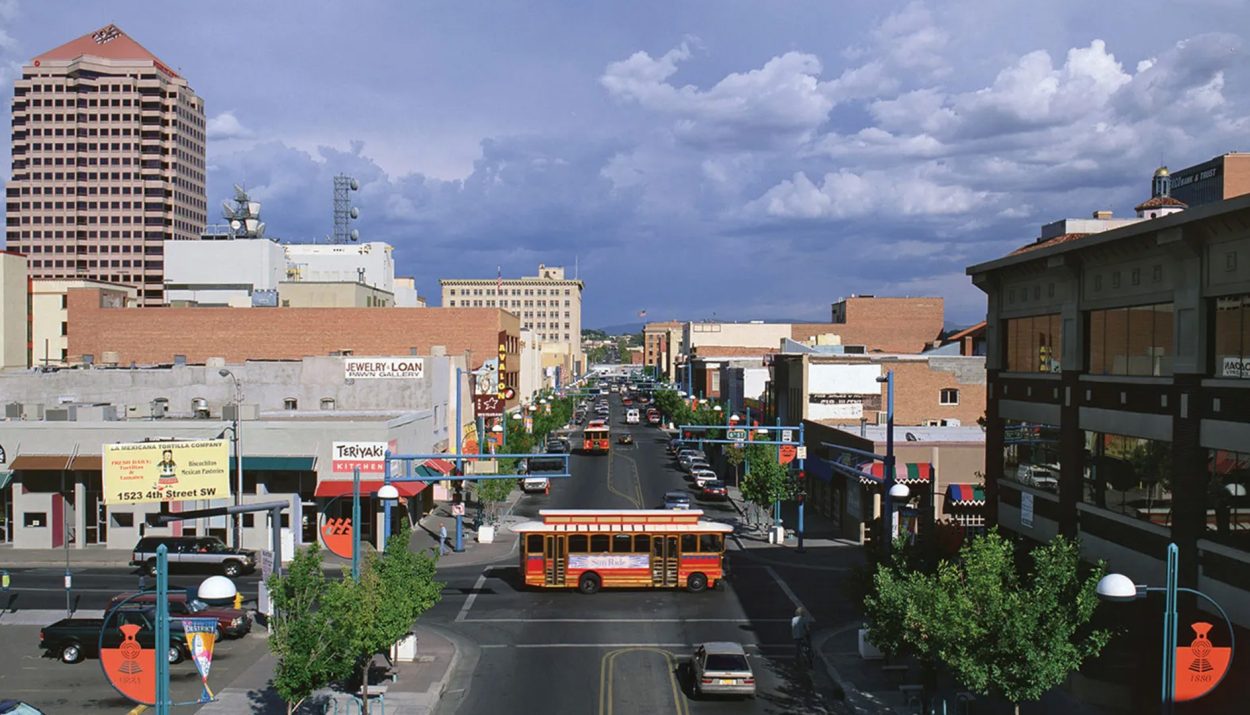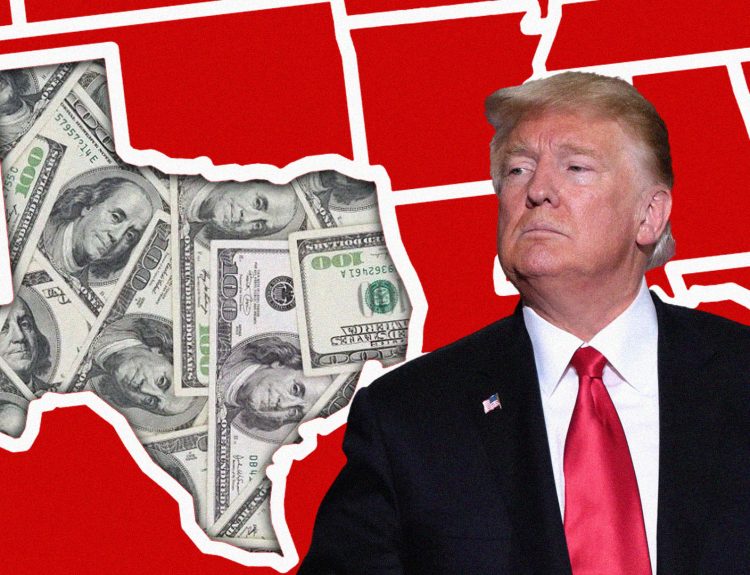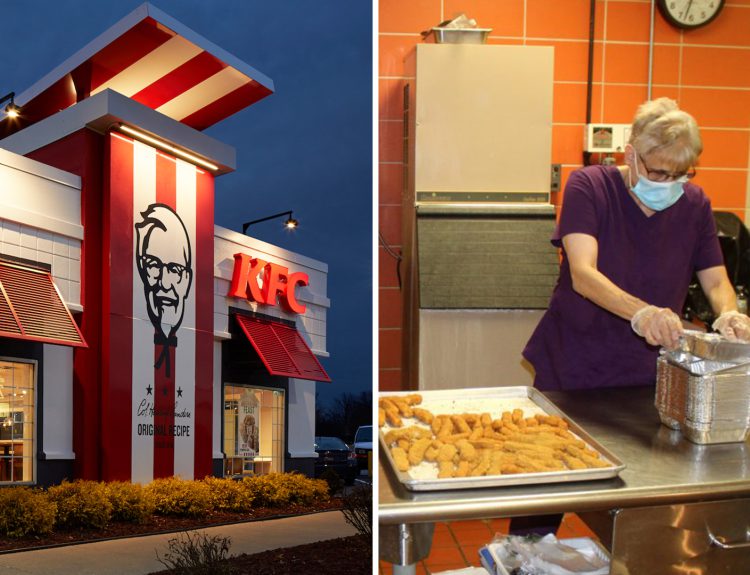A year ago a thriving Walmart in Albuquerque, New Mexico, shut down leaving residents in a bind. The closure has left the eastern part of the city in a “food desert,” specifically affecting lower income families. Grocery shopping has transformed from a regular part of their routines to a significant challenge, with the nearest options being miles away or overpriced. This has resulted in a sudden shift from abundance to scarcity.
The Chain Reaction
Shortly after the Walmart closed in March of 2023, a Walgreens and a Family Dollar that were in close proximity also shut down, adding to the ongoing crisis. This domino effect left a huge hole in the communities ability to access affordable necessities and food.
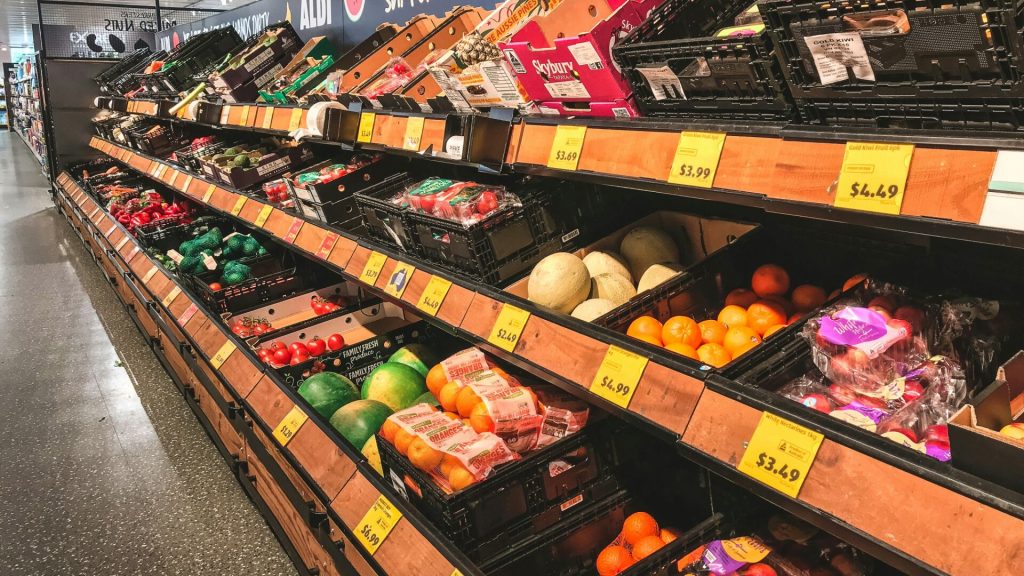
Residents of this area went from having options to virtually having none, only exacerbating the food crisis.
The Immediate Effect On Food Access
With all of these shutdowns, families are now forced to travel quite a distance for their affordable groceries, otherwise they are forced to pay higher prices at the stores that remain in the area.
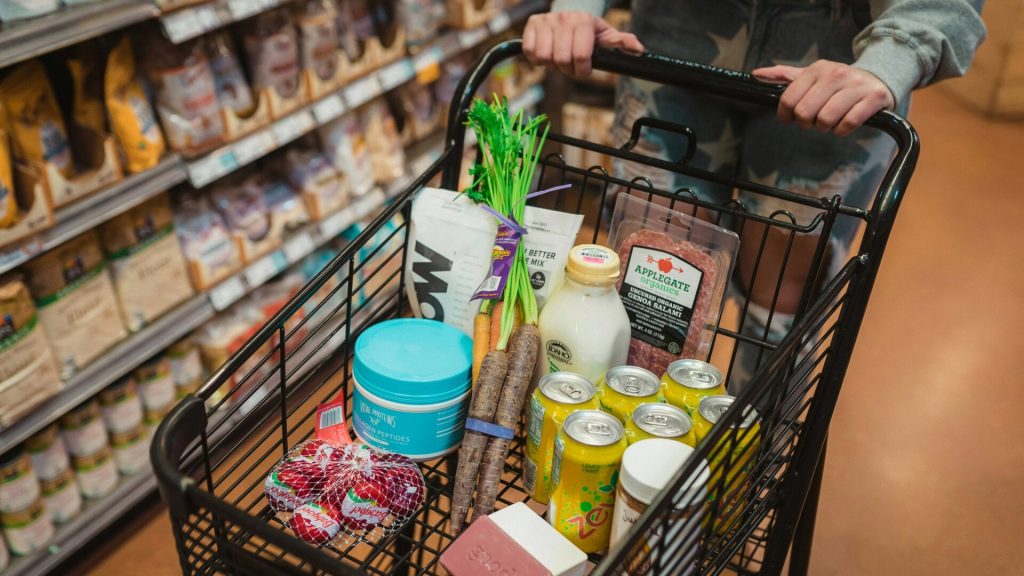
Food pantries have become a saving grace for many people, Pastor Joanne Landry from Compassion Services Center observed, “It’s just amazing to see how they run to these tables, and in just a short matter of time, it’s gone.”
Concerns About Increased Pricing
With Walmart and other retailers gone, the remaining stores could be capitalizing by jacking up prices.
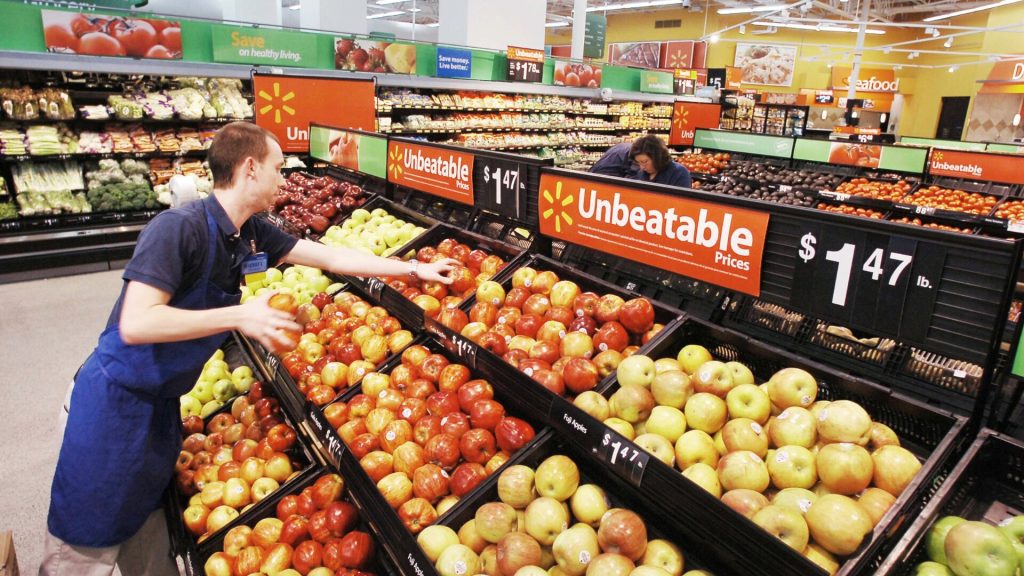
Pastor Landry believes that price gouging, an illegal practice, is part of the problem. She told KOB, “Their food stamps just go quickly because they’re spending everything they have with high prices.”
The Challenges Faced By Food Pantries
Local food pantries, such as the one overseen by Roxie Bradley at La Mesa Presbyterian Church, are experiencing an unprecedented demand.
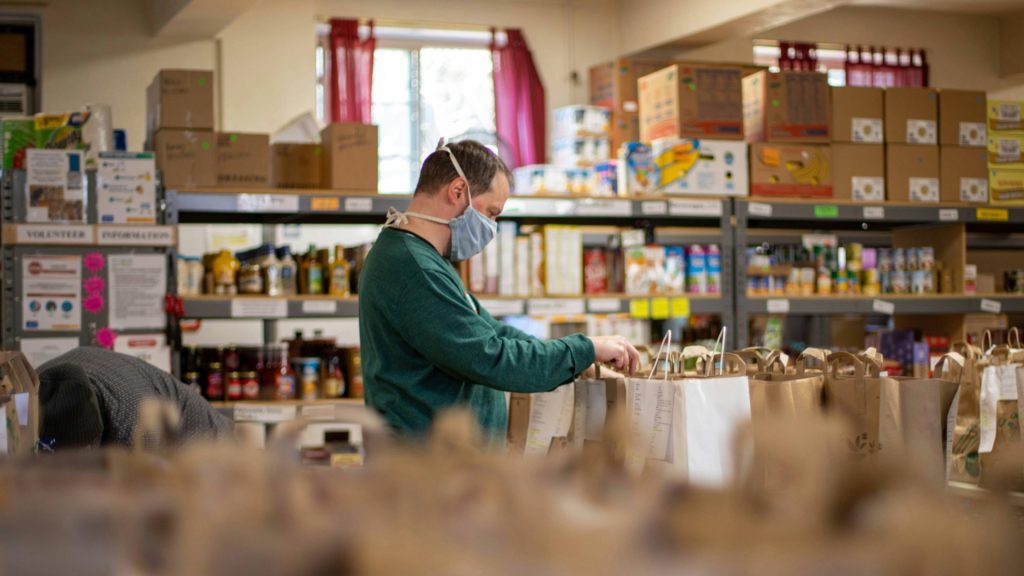
Bradley told KOB, “We just noticed every week there’d be more and more people coming that we hadn’t seen before.” These organizations are struggling under the weight, grappling with limited resources to help the growing number of people in need.
Ripple Effects On The Economy
The closure of major retailers has set off a significant wave throughout the Albuquerque community.

Residents are forced to spend more money on travel to get to locations that have cheaper food options, this is only exacerbating their already strained financial situations. The loss of jobs that are a result of these closures only further adds to their economic downturn.
Battling Over Real Estate
The vacant Walmart is a representation of the community’s challenges, with debates over what could come of its future. Councilor Rogers said, “Walmart is holding out for the highest bidder, period.

They’ve told the state one price, they told the city one price, they told local developers a completely different price. It’s gone up to like $15 million is the highest number I’ve heard for that particular property.”
Local Government Intervenes
Nichole Rogers, Albuquerque City Councilor, is aware of the ongoing struggle, describing the matter as not just a food issue, but also a challenge for pharmacy and school supplies.

She told KOB, “Right now, we have a food desert, a pharmacy desert, we have a school supply desert,” Rogers is actively searching out solutions to help alleviate these issues and bring the neighborhood back to life.
Advocacy For Sustainable Solutions
In addition to immediate relief, there is also a strong community push for long term solutions. According to Rogers, locals are seeking more than just replacements for the closed stores; they are advocating for farmers markets and co-ops.

These alternatives have the potential to provide sustainable access to fresh, affordable food options, reflecting the communities goals for healthier and more self-sustaining living.
National And Regional Efforts
Efforts to manage food deserts are gaining traction all over the country. From federal grants to homegrown garden projects, efforts are in motion to ensure that all Americans have the ability to access healthy food.

These programs objectives are to provide immediate relief but also to sustain long-term community resilience and food security.
The Broader Concern Of Food Deserts
Food deserts aren’t just in Albuquerque, they are a nationwide issue, specifically for low-income and rural areas.

The lack of access to fresh, affordable food can lead to health issues and dietary problems. By gaining perspective for the broader context, we can By understanding the broader context, we can gain a deeper understanding of complexities of the situation in Albuquerque and consider more comprehensive solutions.
How You Can Help
Everyone can play a role in addressing the food desert crisis. Whether it be by donating food to local food pantries, offering to lend a hand, or pushing for policy changes, the small actions can make a very big difference.
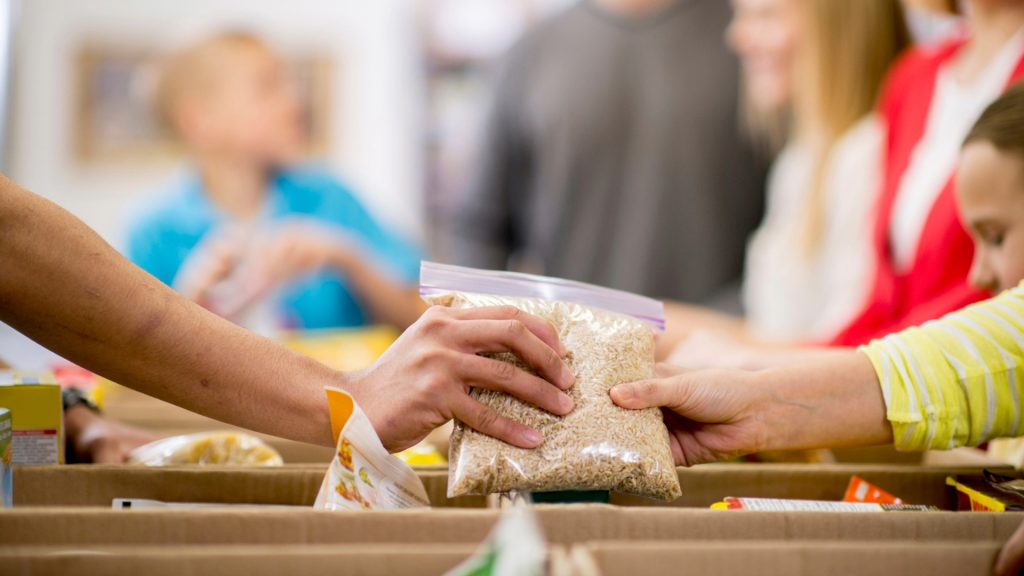
Through collective efforts, both on a local front and nationally, we can strive to guarantee that no one ever has to go without the basic need of nutritious food.

